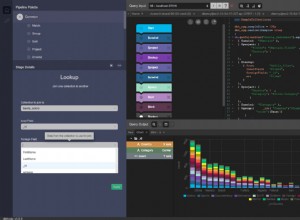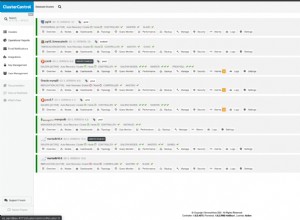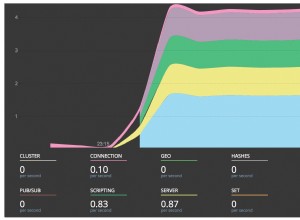Dal momento che Redis non ha il concetto di valori temporali, non avrebbe senso che un driver generico come redigo esegua una conversione automatica tra il builin time.Time tipo e un array di byte arbitrario. In quanto tale, spetta al programmatore decidere come eseguire tale conversione.
Ad esempio, supponiamo che tu abbia un tipo "Persona" definito come tale, incluso un created_at timestamp formattato come RFC3339 (una forma di ISO 8601), puoi definire un tipo "Timestamp" personalizzato con un metodo "RedisScan" come segue:
type Timestamp time.Time
type Person struct {
Id int `redis:"id"`
Name string `redis:"name"`
CreatedAt Timestamp `redis:"created_at"`
}
func (t *Timestamp) RedisScan(x interface{}) error {
bs, ok := x.([]byte)
if !ok {
return fmt.Errorf("expected []byte, got %T", x)
}
tt, err := time.Parse(time.RFC3339, string(bs))
if err != nil {
return err
}
*t = Timestamp(tt)
return nil
}
// ...
response, err := redis.Values(conn.Do("HGETALL", "person:1"))
if err != nil {
panic(err)
}
var p Person
err = redis.ScanStruct(response, &p)
if err != nil {
panic(err)
}
log.Printf("OK: p=%v", p)




